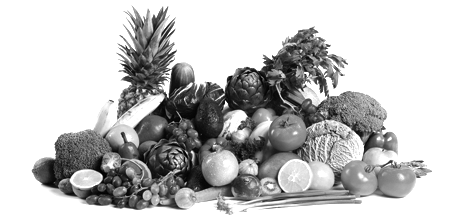The verdict: keep eating.
New research found that when mice had the flu, feeding them up helped them to recover. Your immune system needs fuel to fight viruses, so give it some TLC and eat little and often. Think antioxidant-rich, fruit and veg packed smoothies and soups.
Monthly Archives: January 2017
WHAT TO EAT TO BEAT THAT COLD!
Diet is the first port of call in the fight to stay healthy, and prevention is better than cure. Here are my top tips to keeping your immune system strong throughout the cold season:
- Fill up on a rainbow of fresh fruit and veggies so you’re getting all the vitamins you need. Immune-boosting vitamin C is the star of the show here. It’s especially high in kiwis, peppers, kale and leafy greens, citrus fruits, broccoli and berries.
- Garlic has antibacterial properties and has the antioxidant allicin, which helps counteract the effects of free radicals in the body.
- Chilli also has antioxidant properties as well as acting like a decongestant.
- Ginger is a good warmer as well as soothing the stomach.
- Stay hydrated and eat foods rich in soluble fibre such as avocado, tomatoes and other fresh fruits and veggies, plus insoluble fibre like brown rice and wholegrains.
- Zinc is another immune system booster. Fresh beef and baked beans are good sources.
ARE YOU GETTING ENOUGH VITAMIN D?
With doctors fearing the return of rickets due to low levels of the sunshine vitamin, how can we sun-starved Brits get enough this winter?
How to get more sunshine
Although it’s important to protect yourself in the sun, you need to build up your vitamin D levels with bursts of unprotected sun between April and October to build reserves for the winter. Try getting 10-15 mins of sun exposure to your arms, hands or back, two to three times a week. Longer exposure doesn’t provide additional benefits, so make sure you apply a high SPF afterwards.
Take a supplement
The Department of Health advises those who have low or no exposure to sun, those with darker skin, over 65s and all children aged 6 months to five years to take a vitamin D supplement. In addition, it is recommended that, in winter months, everyone should consider taking a 10 microgram supplement if their diet is unlikely to provide it.
Eat well
Although you might only get a small portion of vitamin D from your diet, it’s still important to eat a mix of foods rich in the stuff, especially during the winter. Top up on oily fish, egg yolk, fortified cereals, red meat and dairy products.


